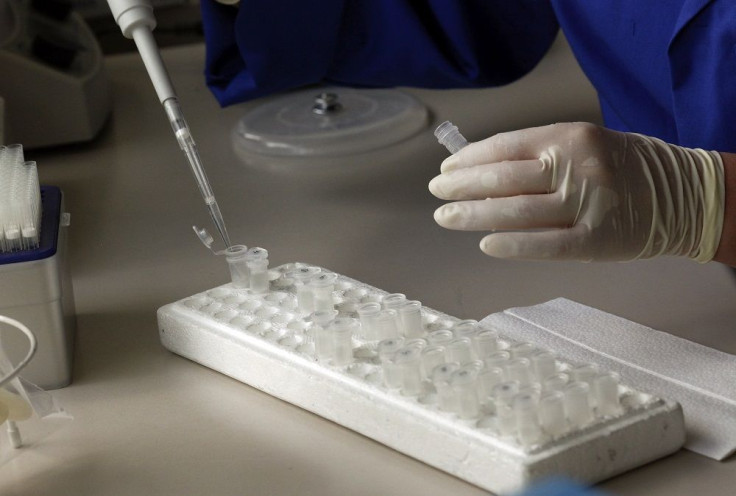The approved gene-editing procedures continue to be controversial but advanced tech are in place for the experiments

For the first time ever, scientists in the UK will carry out gene modification procedures on embryos, after the Human Fertilisation and Embryology Authority (HFEA) approved their proposed research, the BBC reported.
Like us on Facebook https://www.facebook.com/ibtimesau/
The fertility regulator finally approved the proposal, which was written by Dr Kathy Niakan, a stem cell scientist, known for her decade-long research in human development. The study, to be held at the Francis Crick Institute in London, aims fully understand genes and human embryos to solve mysteries surrounding human development.
Niakan and the research team will select from an oversupply of donated embryos, from couples who have undergone IVF treatments. They will carefully study the embryos on the first seven days after fertilisation.
Within this timeframe, the fertilised egg cell will multiply by 200-300 times, becoming a blastocyst. This stage, where only 50 out of 100 fertilised eggs reach, will help resolve unanswered questions on infertility and miscarriages. Then, only half of the 50 blastocysts make it to the womb and only 13 can go beyond the first trimester.
While scientists are looking forward to realising feats on genetic modification, moral activists were quick to criticise on the ethical implications of such procedures. Even with the regulator disallowing modified embryo implants on women, many critics are concerned this will justify many other experiments on genetically modifying humans.
Advanced scientific tools
To achieve the research purpose of the gene modification procedures, the team will use the Clustered Regularly Interspaced Short Palindromic Repeats ( CRISPR ) technique to proceed with the research. The Guardian reports that this advanced tool in molecular biology uses a highly efficient and versatile supercomputing system that can precisely target specific parameters in identifying DNA specific research.
The approved gene modification procedure is just one of many complicated scientific researches that need advanced technological tools and process to flesh out the mysterious functions of the human body. For instance, radio frequency, which is commonly used in many everyday communication devices, like the network extender of 5BARz International , is also used for complex equipments, like Nuclear Magnetic Resonance (NMR) instruments. The electro-radio surgery system is also an advancing in research and equipments. Radiofrequency Ablation (RFA) procedure reduces pain in parts of the body by applying heat from electrical current to nerve tissues.
The human body and its functions are full of mysteries waiting to be unravelled. The emerging scientific and technological breakthroughs, such as gene-editing, and even the advancement of radio frequency in medical procedures, create avenues of learning and understanding the complex human functions. One can only hope that these latest scientific endeavours, albeit controversial, aid humankind in solving its problems in health and development.






